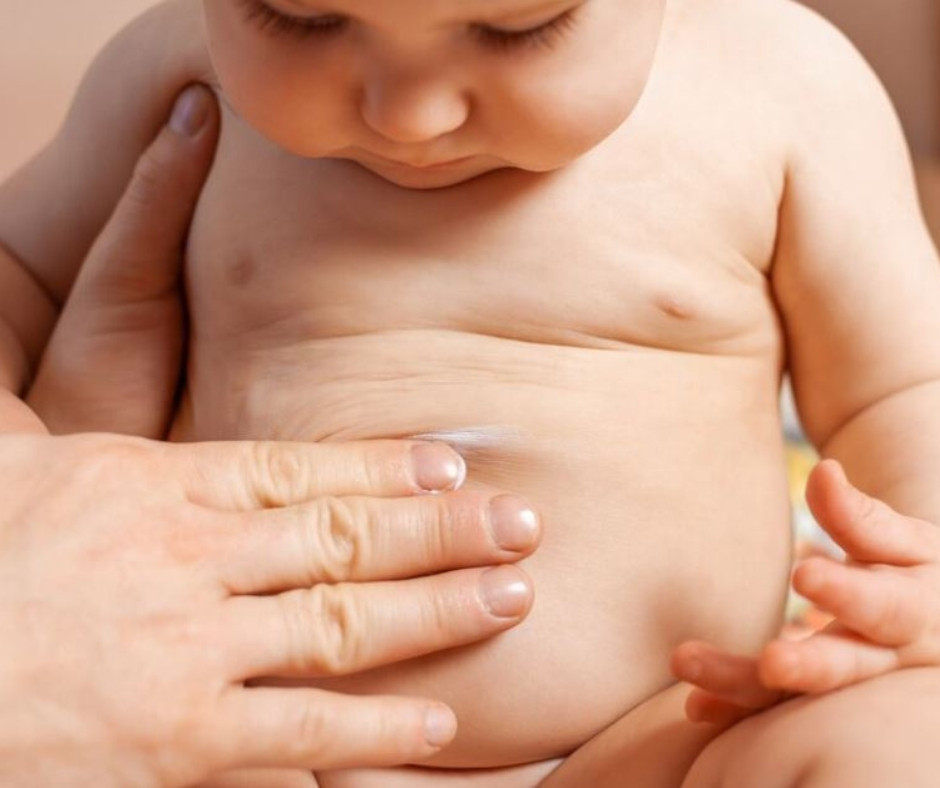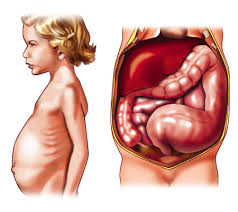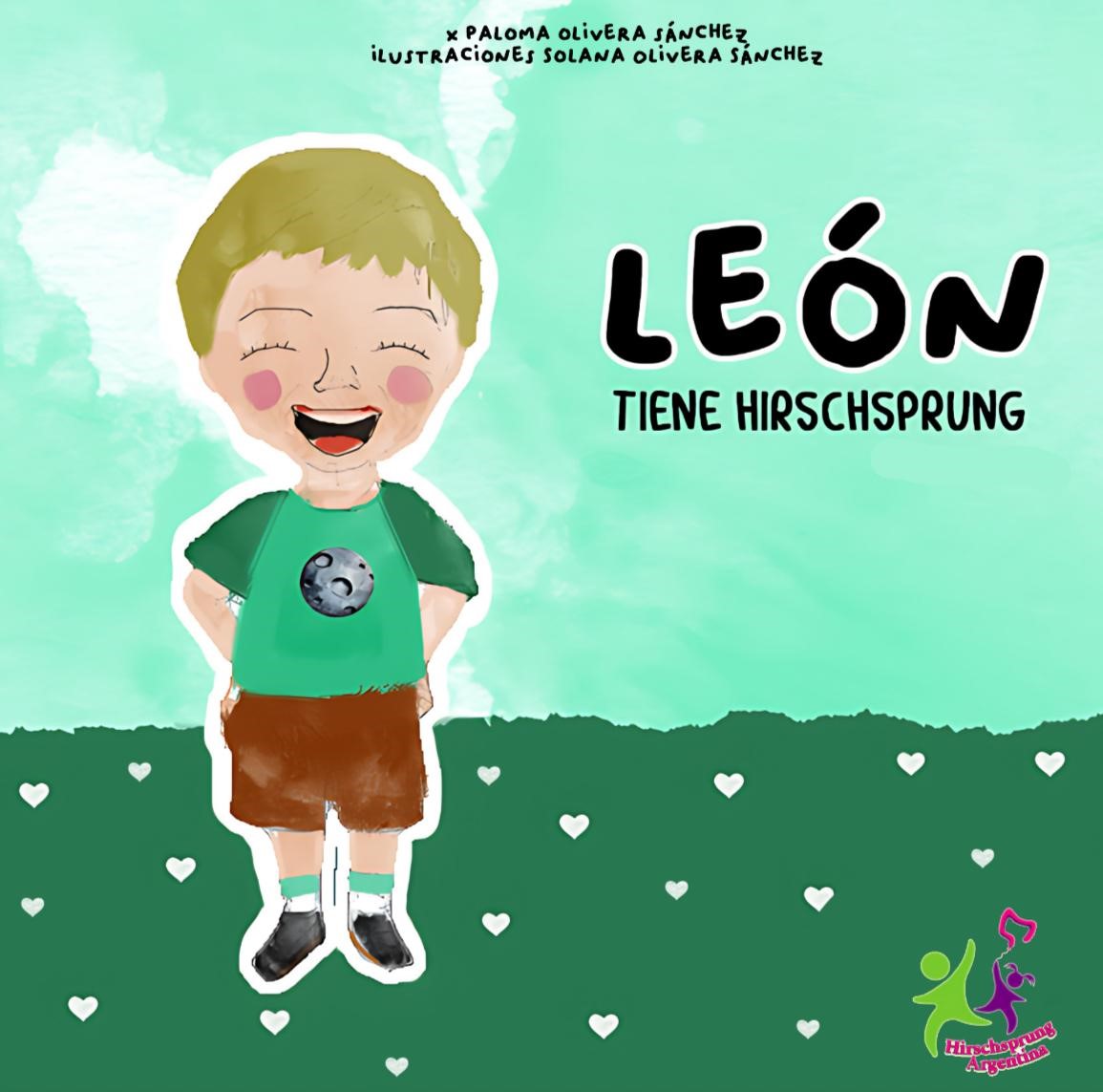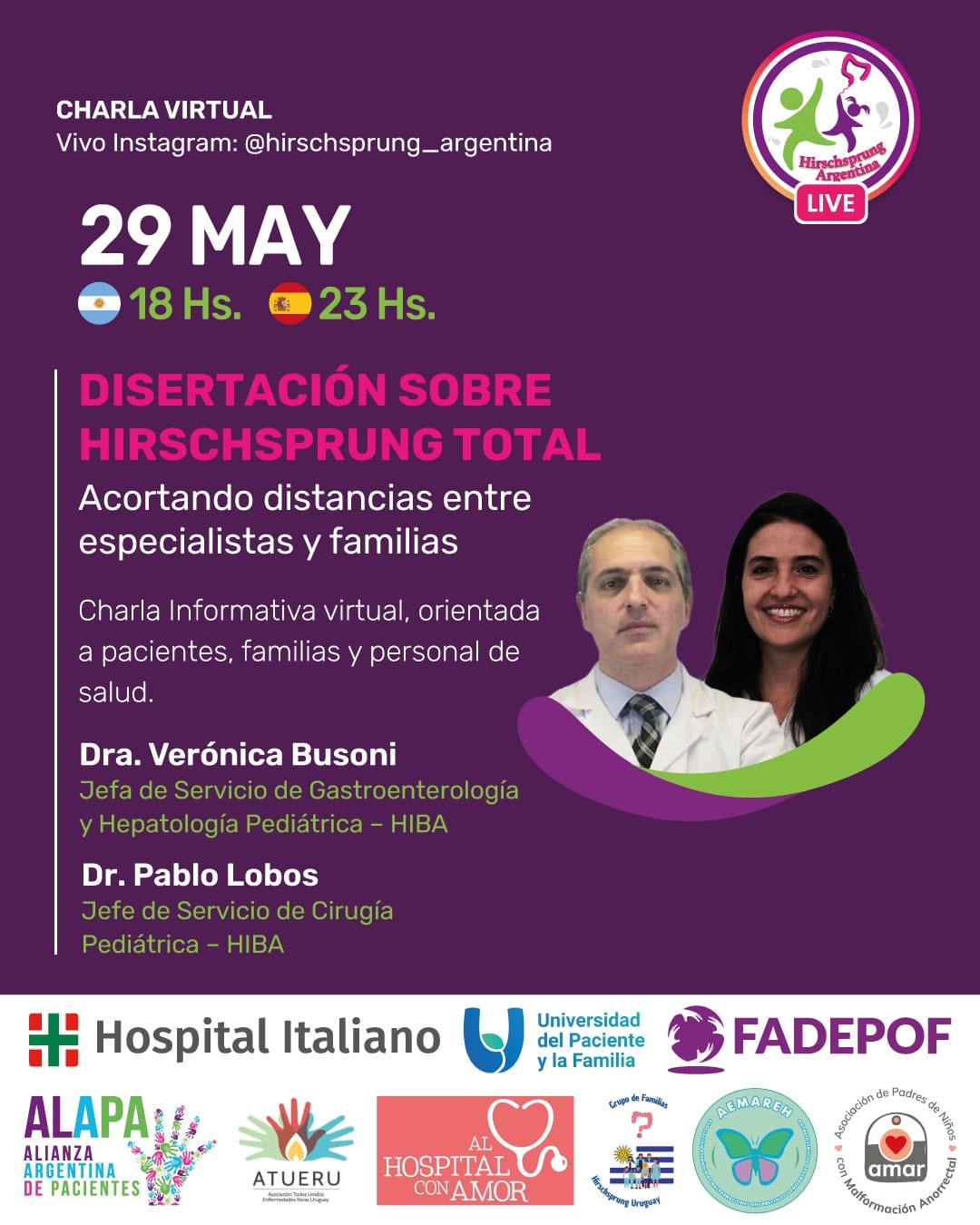
Anorectal malformations and Hirschsprung's disease

Anorectal malformations (ARM) and Hirschsprung's disease (HD) are congenital colorectal conditions, meaning individuals are born with them, although their causes are not necessarily genetic. Their treatment is always surgical. While they share some common characteristics, they are two distinct conditions, each presenting differently in every patient.
The prevalence is 1 in 5,000 live births, and they require long-term follow-up with pediatric specialists, pediatric surgeons, urologists, cardiologists, psychologists, speech therapists, physiotherapists, gynaecologists, and other healthcare professionals.
Anorectal Malformations
Anorectal malformations occur between the 5th and 7th week of gestation, when the anus and rectum do not develop properly. They are characterised by abnormal development of the anal opening, the rectum, and the nerves and muscles responsible for evacuation. These malformations can also affect the urinary and genital tracts. In general, babies are born without an anus.

In many cases, the diagnosis is made at birth when the absence of the anus is noticed during the physical exam. However, less obvious forms may be diagnosed later, which may have a significant impact on the child's health.

In anorectal malformations (ARM), several situations can occur:
- The anal canal may be narrow
- There may be a membrane covering the anal opening.
- The rectum may not be connected to the anus
- The rectum may be connected to part of the urinary or reproductive tract through an abnormal passage known as a fistula
To fix this malformation, at least three surgeries are needed:
- Colostomy
- Anorectoplasty
- Closure of the colostomy and reconnection
Finally, ARM may be associated with other medical conditions, such as heart, gastrointestinal, urinary, spinal, and pelvic anomalies.
Hirschsprung's disease
In Hirschsprung's disease (HD), also known as congenital megacolon, a variable portion of the colon does not function normally because it lacks ganglion cells, which are responsible for propelling faeces through the intestine. This leads to an inability to eliminate stool, causing abdominal distension, bilious vomiting, intestinal obstruction, and a serious infection (enterocolitis) if not diagnosed and treated on time.
HD can affect the last portion of the colon (short-segment HD), a longer portion of the colon (long-segment HD), or the entire colon (Total Hirschsprung’s), which is the least common and most severe form. The length of the affected segment will be determined through biopsies at various points along the colon. These different types will affect the surgical technique used, as well as the treatment and long-term follow-up for the patient.
Affected children will require colostomy/ileostomy or rectal irrigations until their definitive surgery, in which the non-functioning segment of the colon is removed and the functioning segment is reconnected to allow the patient to have normal bowel movements.
Both conditions have a significant impact on the child’s quality of life and alter family dynamics due to long hospital stays during the early years, surgeries, and continuous visits to healthcare centres.

Long-term health issues
Some children may experience issues with toilet training, such as faecal incontinence, soiling, constipation, frequent bowel movements, and food intolerances. For all these reasons, it is important to understand that these conditions do NOT end with surgery, and long-term follow-up is essential for these children to have a good quality of life.
Since these conditions are related to bowel movements, faeces or gas, they can lead to feelings of embarrassment, isolation, and low self-esteem. Therefore, families must be supported by a multidisciplinary team and patient associations specific to their country. These groups understand firsthand the challenges these conditions bring, and can guide and support families throughout the diagnostic process and beyond, serving as a bridge between pediatric colorectal surgeons and the rest of the medical teams.

The patient advocacy movement around anorectal malformations (ARM) and Hirschsprung's disease
At Share4Rare, we have three patient associations that support those affected:
- AEMAREH (Spain)
- AMAR y Hirschsprung Argentina (Argentina)
These associations provide families with validated informational materials from specialists and advice about national reference centres. They are part of UNIACI, the International Union of Colorectal Associations for Children and Adolescents, which includes associations from Mexico, Chile, Colombia, Costa Rica, Spain, and Argentina.
El próximo jueves 29 de mayo, Hirschsprung Argentina ofrece una charla informativa dirigida a pacientes, familias y personal de salud interesado en el diagnóstico de Hirschsprung Total a través de un live de Instagram desde la cuenta de la asociación . Habrá espacio para preguntas.
Virtual talk on Instagram for families (in Spanish)
Next Thursday, May 29th, Hirschsprung Argentina will host an informational talk for patients, families, and healthcare professionals interested in Total Hirschsprung's disease. The session will be live on Instagram from the association's account @hirschsprung_argentina, with time for questions.

Speakers:
- Dr Pablo Lobos, Head of the Paediatric Surgery Department (Italian Hospital of Buenos Aires)
- Dr Verónica Busoni, Head of the Paediatric Gastroenterology Department (Italian Hospital of Buenos Aires)
Both professionals are closely connected with the short bowel/intestinal failure team at La Paz Hospital in Madrid.
Save the date!